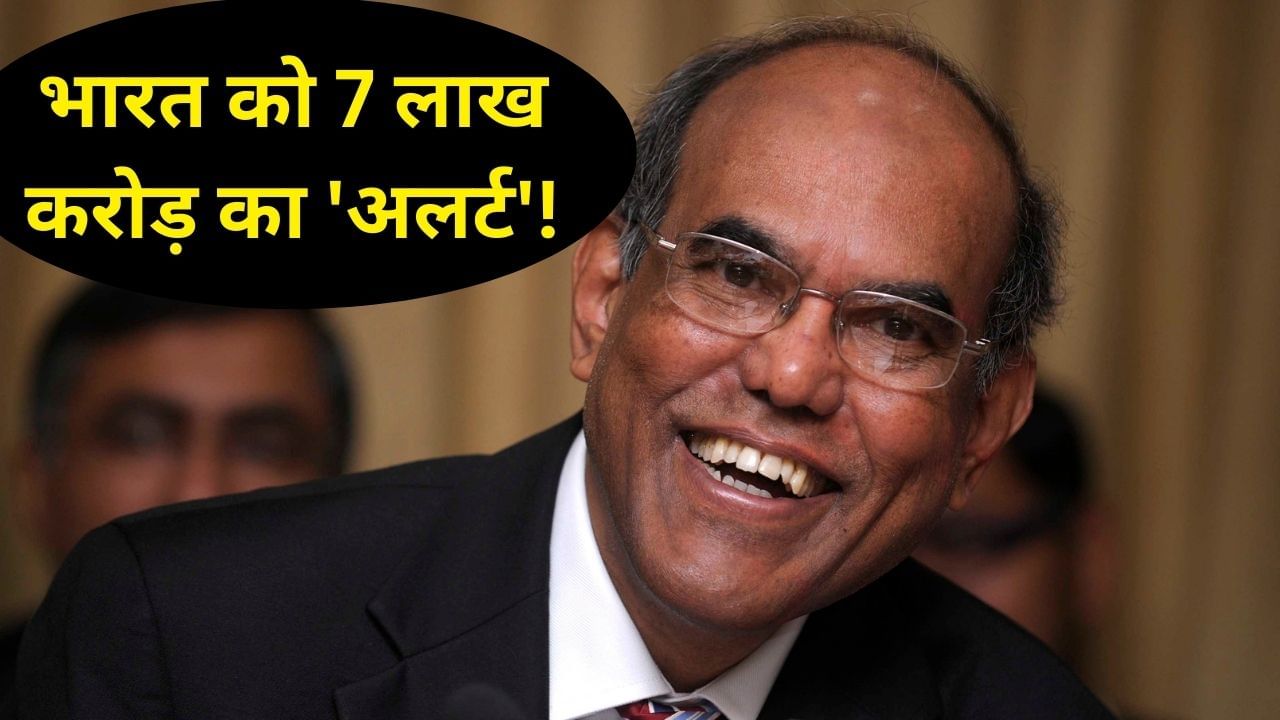Former Reserve Bank of India Governor Duvuri Subbarao has warned that there is a proposal of India’s proposal to impose 50 percent tariff on Indian exports on India and the risk of Chinese dumping in Indian markets. In an interview to a media house, he said that these joint pressure manufacturing can weaken the competitiveness of the sector. GDP can slow down up to 50 basis points and make the country’s unemployment development challenge worse.
D. Subbarao, who led India during the 2008 Global Financial Crisis, said that America’s tariff is threatened by India’s export of about 2 per cent (about 79 billion dollars or Rs 7 lakh crore) of India’s GDP. He said that the margin will be reduced, orders will be diverted, jobs will go and the size of plants will be shortened. He estimated how well India handles or diverts this shock, based on the growth rate of 20-50 basis points will be affected.
There will be a big risk from China
He warned that Beijing’s industrial capacity pose an additional risk. China is facing tariff barriers from the US, so Chinese exporters can move to India to sell surplus products. He warned that we have to consider the possibility of dumping in our markets by China to compensate for our losses in the US market share. According to Subbarao, double pressure of American tariffs and Chinese dumping, China +1 can weaken India’s effort to join the Global Value Chain under a strategy. He further said that the impact related to distribution will be regressive, will increase income inequality and put pressure on the formal employment market.
American comments threatens reputation
Subbarao also pointed out the loss of possible reputation after Trump called India “dead like Russia”. He said that for India, the termination of ‘dead’ economy by an American President damages reputation. He further stated that such comments can increase India’s risk premium, affect investors’ sentiments, and can promote portfolio redistribution even without direct policy action. He stressed that with a decrease in liquidity at global level and increase in lending costs, India would have to save weaker sectors to maintain investors confidence and comprehensive economic stability and accelerate structural reforms.
Effect on fiscal and monetary policy
Can tariffs affect fiscal and monetary policy, on this question, Subbarao said that if the fees affected areas need short -term assistance, India’s fiscal strengthening route could be interrupted. After last week’s policy review, the Governor said that RBI is monitoring the impact of the fees on growth, inflation and rupee. If the fee increases inflation and weakens the currency, then the interest rates can remain high. If the growth rate slows down rapidly, rates can be relaxed. He further said that the policy will be dependent and cautious on the data.
